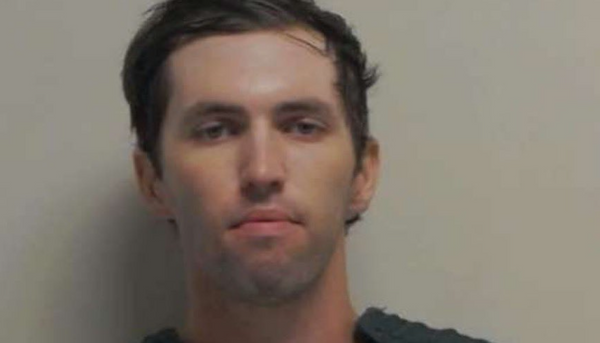
The crimes for which Lucy Letby has been found guilty at Manchester crown court rank among the most appalling that any jury has confronted. Working as a children’s nurse at the Countess of Chester hospital, Letby used its neonatal unit as a killing field between June 2015 and June 2016.
Seizing opportunities when she was left alone with an infant, Letby murdered seven babies and attempted to kill another six. She deliberately preyed on premature and sick newborns, whose sudden, unexpected deaths could be more easily explained away. Her methods included injecting the infants with insulin, overfeeding with milk, and tampering with feeding tubes. One baby girl was finally murdered at the fourth attempt. Two of those who survived were left severely disabled. In the prosecution’s words, Letby was “cold, calculated, cruel and relentless”. One can only hope that Friday’s guilty verdicts offer families some sense of justice done on behalf of their babies.
Inevitably, there will now be a tide of speculation about the motives that drove Britain’s biggest serial child-killer. But the most important question is not “why did Letby do it?” but “how could she get away with it for so long?” The government’s immediate announcement of a public inquiry into the circumstances is the right response.
Letby’s case recalls that of Beverley Allitt, the nurse who in 1993 was convicted of murdering four infants. But Allitt’s killing spree took place over the course of two months, whereas Letby continued her lethal campaign for a year. There are good grounds for believing that some of her victims could have been saved, had hospital executives heeded repeated warnings.
The nurse’s apparent normality, and an understandable reluctance among colleagues to speculate that a murderer was at work among them, gave her cover. But when the alarm was eventually sounded by two consultant paediatricians, after a string of unexpected deaths in which the presence of Letby was the common denominator, they describe a response from hospital managers that was unforgivably defensive and negligent.
Concerns raised in October 2015 and February 2016 were ignored and viewed as inappropriate, according to their accounts. One of the consultants told the Guardian: “It felt very much as if they were treating us with as much suspicion as Lucy Letby.” Even after Letby was finally moved off neonatal duties the hospital’s fear of reputational damage appeared to be a factor in the decision not to involve the police until almost a year later. Two external reviews of the spike in unexplained deaths were commissioned in late 2016, but neither was asked to examine whether Letby, or any member of staff, might be responsible.
These are shocking failures. They appear to partly stem from an unwillingness to confront the worst-case scenario, because of the institutional damage that might result from doing so. As in previous scandals, internal whistleblowers say they were treated as threats and bullied from above. New reporting systems, perhaps involving an independent ombudsman to whom all whistleblowing concerns are referred, are surely required. The use of Britain’s two neonatal databases to flag unusual and suspicious mortality patterns would also reduce the chances of another Letby.
This is a case so dreadful that it must focus the nation’s mind on minimising the risk of something similar ever happening again. That learning process must begin immediately.
Do you have an opinion on the issues raised in this article? If you would like to submit a response of up to 300 words by email to be considered for publication in our letters section, please click here.







